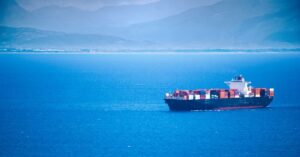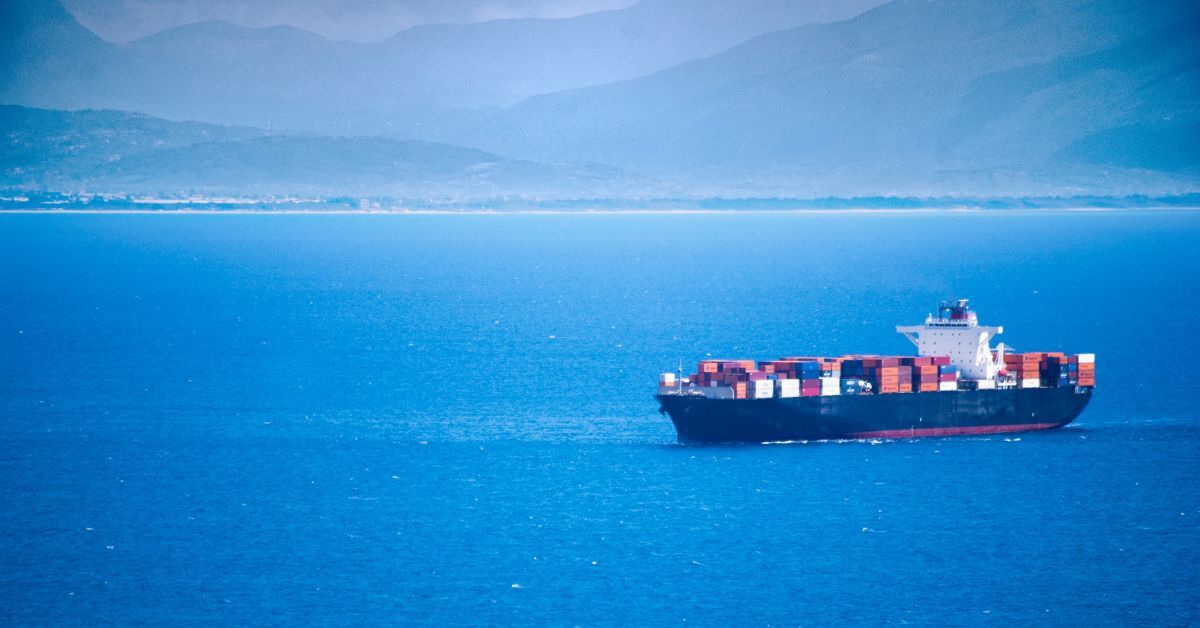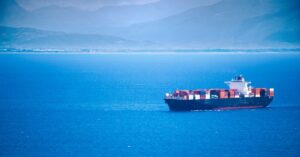
Cargo Ship Arrested At India’s Paradip Port Over ₹2.11 Crore Unpaid Dues
October 29, 2025
Seafarers’ Happiness Declines As Working And Living Conditions Worsen At Sea
October 29, 2025

A cargo ship carrying 23 containers of zinc dust contaminated with radioactive material has been stranded off the coast of the Philippines after being rejected by Indonesian authorities and denied entry at Manila’s port.
The ship, which arrived from Indonesia several days ago, remains anchored at sea as no port or local authority has agreed to accept the containers for temporary storage or disposal, according to Philippine Nuclear Research Institute (PNRI) Director Carlo Arcilla.
Arcilla stated that port authorities will not allow the ship to dock or unload unless a designated area is identified for the hazardous cargo. He clarified that the materials pose no immediate danger to the public since radiation levels outside the containers are very low and the crew onboard remain in good health.
The radioactive material consists of zinc powder tainted with the isotope cesium-137, which was exported from the Philippines to Indonesia by Zannwann International Trading Corporation, a Chinese-owned trading firm with offices in Manila. Indonesian officials detected traces of radiation during inspection and ordered the shipment’s return to the Philippines.
The PNRI later traced the material to SteelAsia Manufacturing Corporation, the Philippines’ largest steel producer, and another unnamed local steel firm. Tests reportedly found radioactive contamination only at SteelAsia’s scrap recycling plant in Batangas province, south of Manila.
However, SteelAsia has firmly denied any involvement, stating that the containers did not originate from its facility. The company said it does not manufacture or export zinc dust and does not possess the technical capability to handle radioactive materials. It added that all scrap metals used in production undergo strict radiation testing, with no past incidents of contamination ever reported.
Despite its denial, SteelAsia has temporarily suspended operations at its Batangas plant as a precautionary measure.
The Philippine government is now searching for a secure site to store or entomb the 23 containers. Arcilla said the government’s immediate focus was to secure the cargo and remove any remaining radioactive material found at SteelAsia’s facility and Zannwann’s warehouse, which could be “substantial”.
An inter-agency committee involving the Departments of Environment, Health, Defence, and Local Government has been formed to investigate.
The incident has added to growing regional concern about radioactive contamination in Southeast Asia. In September, Indonesian authorities discovered cesium-137 contamination at a metal-processing facility in West Java, which prompted the country to suspend scrap metal imports earlier this month.
In a separate case in August, the U.S. Food and Drug Administration found trace amounts of cesium-137 in frozen shrimp shipments from Indonesia, leading to product recalls by major retailers, including Walmart.
Cesium-137 is a man-made radioactive isotope produced during nuclear fission in reactors and weapons testing. It is used in certain medical devices and industrial gauges, but prolonged exposure can increase the risk of cancer, according to the U.S. Centers for Disease Control and Prevention.
SteelAsia’s Chief Operating Officer, Rafael Hidalgo, said the company received a letter from PNRI on 21 October, informing it that earlier tests had detected cesium-137 contamination at its Batangas facility. Hidalgo said the company disputed those findings, insisting that SteelAsia had no role in producing or exporting the contaminated zinc dust.
The company also stated that it had been ordered to take custody of the containers and entomb them at its Batangas site, but it warned that such an action could pose a health risk to nearby communities since it was not equipped to manage radioactive waste.
SteelAsia said it was cooperating with regulators and had voluntarily halted operations “out of an abundance of caution”.
As of now, the ship remains anchored off the Philippine coast, unable to dock or unload. The Philippine Ports Authority has referred all inquiries to the Bureau of Customs, which has yet to comment on the matter.
Reference: Bloomberg
Source: Maritime Shipping News


